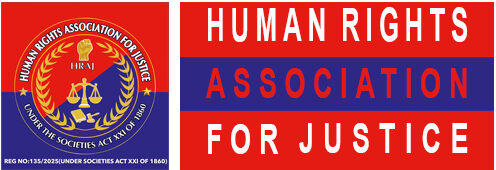Emergency and Protection Services
🔹 Introduction
Many individuals facing human rights violations are in urgent need of protection. Emergency and protection services provide immediate safety, legal support, shelter, and medical or psychological care to those in danger.
🔹 Who Needs Emergency Protection?
-
Victims of domestic violence or sexual abuse
-
Refugees and asylum seekers
-
Human rights defenders and journalists
-
Victims of trafficking, torture, or state violence
-
People fleeing conflict or persecution
🔹 Types of Emergency Services Offered
-
Safe Shelter and Housing
-
Temporary shelters or safe houses for victims
-
Protection for whistleblowers and witnesses
-
Emergency relocation for activists and journalists
-
-
Legal Protection
-
Emergency legal interventions (restraining orders, asylum applications)
-
Temporary visas or humanitarian parole
-
Rapid response legal hotlines
-
-
Medical and Psychological Care
-
Access to emergency medical treatment
-
Psychological first aid and trauma counseling
-
Ongoing mental health support for survivors
-
-
Security and Monitoring
-
Physical protection or accompaniment
-
Monitoring threats against individuals or communities
-
Coordination with law enforcement and international bodies
-
🔹 Rapid Response Networks
Many organizations have rapid-response units that act within 24–72 hours:
-
Front Line Defenders – For human rights defenders
-
Red Cross – Crisis and conflict response
-
Refugee support organizations (e.g., UNHCR Emergency Teams)
🔹 How to Access Emergency Services
-
Call local or international emergency hotlines
-
Reach out to NGOs or legal aid clinics
-
File urgent legal or asylum requests
-
Use emergency reporting apps (e.g., Signal, Amnesty Panic Button)
🔹 Safety Tips for Those at Risk
-
Have a “go-bag” with key documents and essentials
-
Share your location with a trusted contact
-
Use secure communication channels
-
Know your local emergency shelters or support contacts
🔹 Organizations Offering Protection Services
-
UNHCR (for refugees and stateless persons)
-
Amnesty International Urgent Action Network
-
Women’s shelters and domestic abuse hotlines
-
Doctors Without Borders (MSF)
-
Human Rights Watch Emergency Response Team
